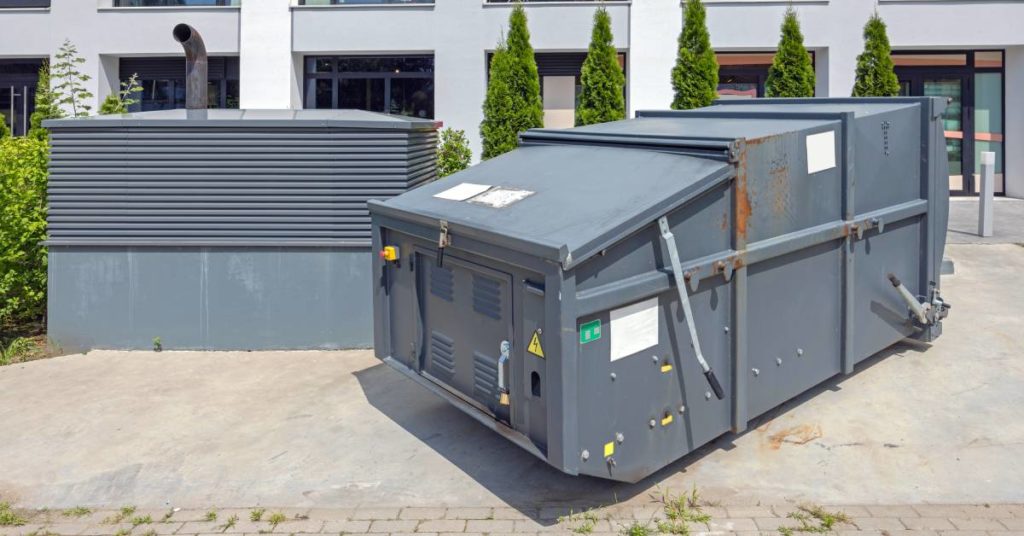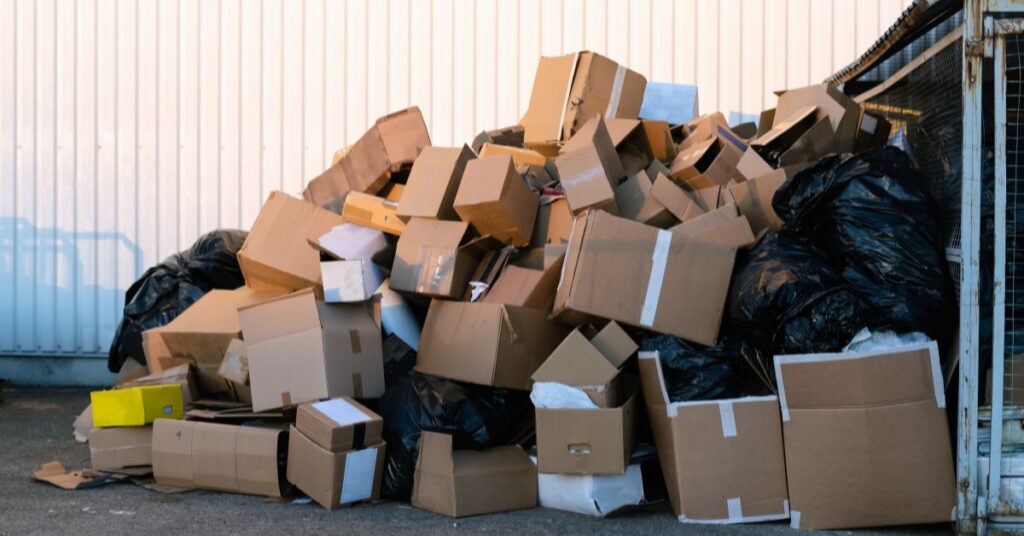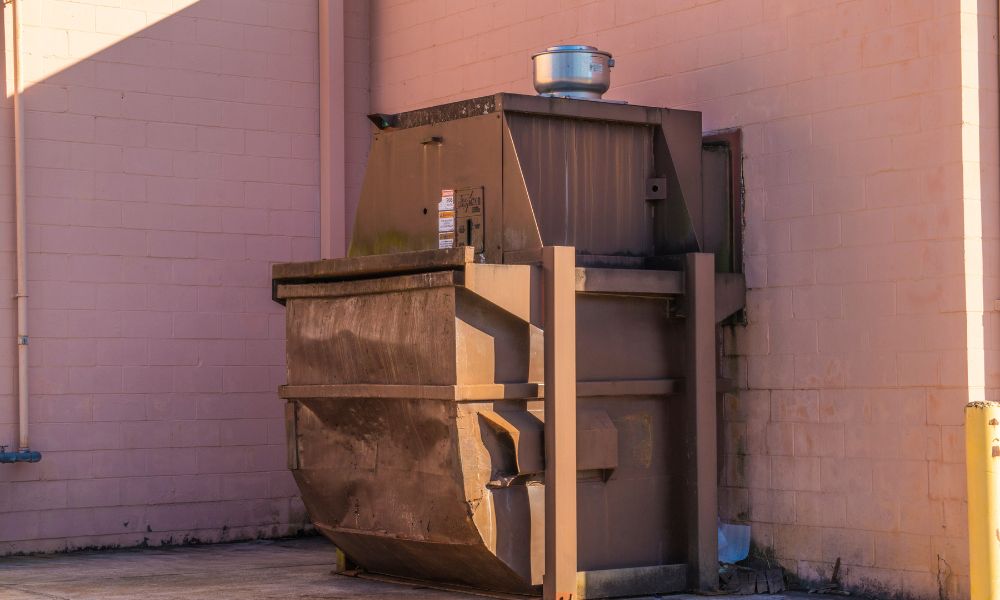Choosing the right size waste compactor is crucial for optimizing waste management operations efficiently and cost-effectively. Whether in industrial production, commercial services, or managing waste at a residential complex, the size of the waste compactor can impact your workflow, storage space, and overall waste management costs.
To make an informed decision, it’s essential to understand your needs and match them with the right compactor specifications. Poorly managed waste can lead to multiple issues, such as increased operational costs, workspace clutter, and negative environmental impact.
Assess Your Waste Volume
One of the main steps in determining the size of the waste compactor you need is to evaluate the volume of waste your facility produces. You can achieve this by conducting a waste audit, which involves measuring the amount and type of waste generated over a specific period. Properly assessing your waste volume ensures you won’t overextend your budget on unnecessary equipment or under-equip your facility, leading to inefficiency.
Understand the Types of Waste
Not all waste is equal, and the type of waste you generate will influence the size and type of compactor most suitable for your needs. Wet waste from food and beverage operations might require different handling than dry, bulky materials from packaging facilities. Organic waste generally requires specialized compactors to prevent leaks and control odors, while recyclables like cardboard and plastics may need high-density compactors to maximize space utilization.
Consult a Specialist
Consulting a waste management specialist can provide valuable insights and recommendations tailored to your situation. Specialists can perform site assessments, consider all the variables discussed, and suggest the best options. They can explain the benefits of compactor equipment rental, which provides flexibility and cost-efficiency, especially if your waste output fluctuates seasonally. This approach can be a smart way to manage your waste needs without a large upfront investment.
Consider the Frequency of Waste Disposal
Facilities that generate waste steadily but in smaller amounts might find frequent collections manageable with a smaller compactor. Businesses that produce large waste volumes in short periods may benefit from a larger compactor that reduces the frequency of collections, lowering disposal costs in the long run. High-capacity compactors minimize waste collection schedules and reduce the number of labor hours spent on waste management, avoiding frequent interruptions in daily operations.
Evaluate Available Space
Space is a significant factor when choosing the right size waste compactor. Measure the area where you want to install the compactor, including any space considerations for loading and unloading. Vertical compactors are ideal for locations with limited floor space but higher ceilings, as they compress waste upward. Horizontal compactors require more floor space but can handle larger volumes more efficiently.
Selecting the appropriate size waste compactor involves thoroughly assessing your waste volume, types of waste, available space, and disposal frequency. With these considerations in mind, you can make informed decisions that enhance efficiency and reduce waste management costs while maintaining smooth operations.


